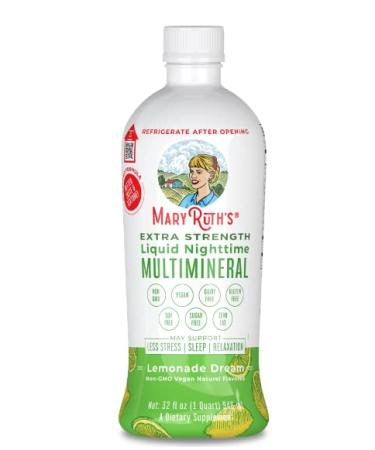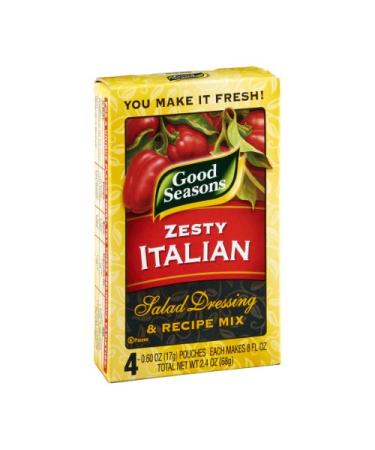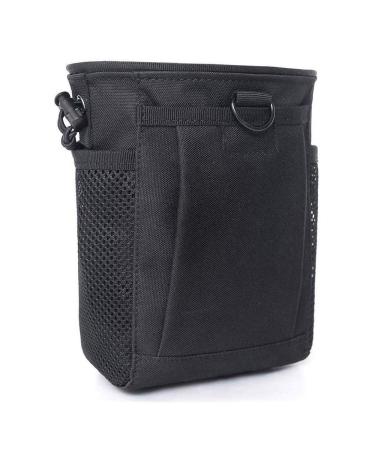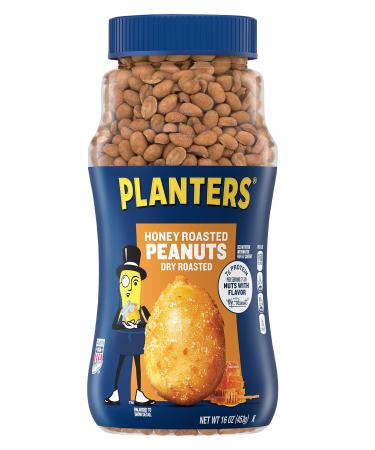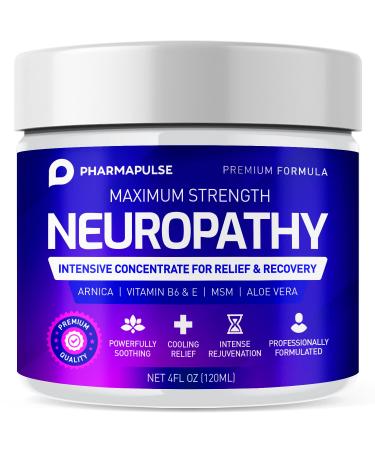Globica filter coffee 1 kg - Moka pot
It will be shipped ground according to the Moka pot brewing method.
Tasting notes:Milk chocolate, caramel, almond.
What is filter coffee?
Filter coffee gained popularity after instant coffee became unpopular and 2nd generation coffee shops opened.
With the advent of 3rd generation coffee shops, it has become a favorite of almost every coffee lover and has taken its place in offices, business centers, and homes.
Filter coffee is a type of coffee obtained by combining ground coffee beans with hot water and brewing according to the method used.
It's called filter coffee because the brewed coffee is filtered through a paper or metal filter to separate the coffee pulp and make it ready.
Thanks to its filtering process, it has a clearer and more fluid consistency than other coffee varieties.
The Invention of Filter Coffee
Filter coffee is a relatively late invention in the history of coffee.
Melitta Bentz, who lived in Germany, first invented filter coffee in 1908 at the age of 35.
The only reason this scientist, whose invention made history, needed a filter was because she didn't want coffee grounds in her mouth. Using everyday items, she created a filter coffee machine at home, patented it, and founded a company with the profits she earned from it.
The company is still managed by her grandchildren and operates internationally.
After this date, coffee lovers and producers inspired by Melitta Bentz developed many new equipment, diversifying filter coffee, and eventually taking its current form.
In fact, considering its origins, it doesn't align with Ottoman coffee culture in our opinion, because the grounds are separated from the coffee.
However, both have their own pros and cons. It wouldn't be fair to compare them everyone has their own tastes.
How is filter coffee made?
There are many ways to make filter coffee.
The equipment and method used are determined by many factors, such as the individual's needs, time, and taste.
The main equipment used are the French press, Hario V60, Chemex, Aeropress, and Syphon.
Let's give an example of brewing coffee with the most commonly used equipment, the French press
Brewing filter coffee with a French press
Place 15 grams of coarsely ground coffee into the French press, depending on the number of servings needed.
Add hot water and let it brew for about 4 minutes, then strain and pour into your cup.
The effect of the filter type used on the coffee
Filter coffee is divided into three different groups depending on the filter type used:
Metal filter (French press, American press, Bodum dripper, some filter coffee machines)
Paper filter (V60, Aeropress, Chemex, some filter coffee machines)
Cloth filter (syphon)
The biggest difference between them is the changes in flavor and density.
There are also differences in usage and cost.
It wouldn't be right to say "this one tastes better!" because there are significant differences depending on individual tastes.
Aroma comparison
Coffee brewed with a metal filter leaves a more intense taste in the mouth.
This is because it doesn't filter the coffee as well as a paper filter, allowing various oils and particles to mix into the coffee.
This results in a more intense and full-bodied drink.
The paper filter, on the other hand, retains small particles and oils in the coffee, preventing them from mixing with the water.
This results in a clearer, less-bodied coffee.
Although a cloth filter filters out almost the same alkaloids in coffee as a paper filter, it allows less of the coffee's natural oils to pass through.



